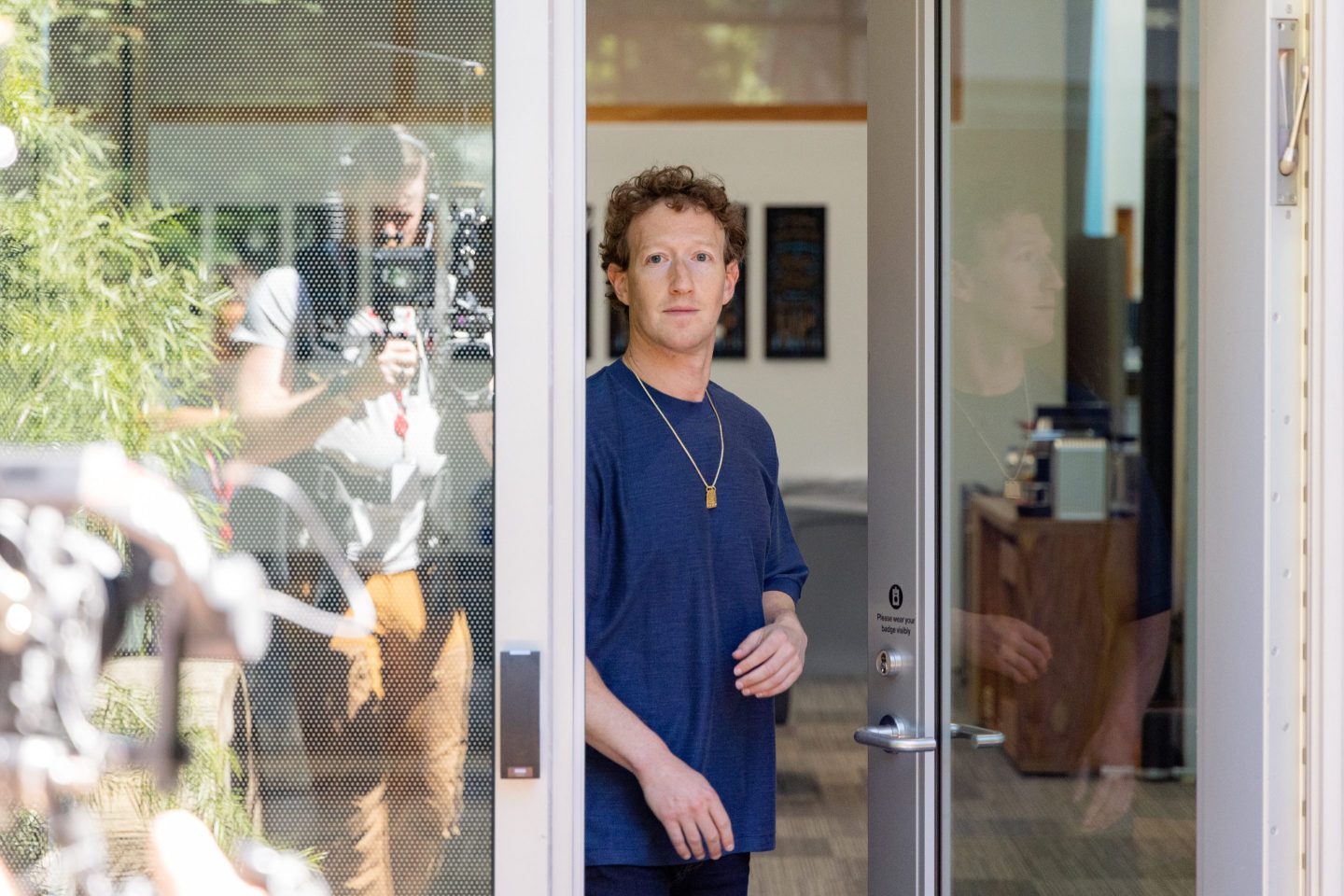From the viral “Coldplay couple” to Elon Musk’s children with a Neuralink executive, we’re fascinated by office romances — especially when the boss is involved. They inspire gossip, spark debates about power and consent, and occasionally end in scandal. But beyond the headlines lies a serious question: What happens, economically and professionally, when a manager and a subordinate become involved?
To find out, my colleagues David Macdonald, Jerry Montonen, and I analyzed administrative data covering the entire population of Finland over 30 years. Our research revealed that starting a serious relationship with a manager at your workplace can have benefits — while it lasts. But when it ends, the costs are steep for the less powerful person in the relationship. These relationships also have a negative impact on the broader workplace environment, increasing turnover among the couple’s coworkers.
The honeymoon period
Our research is one of the first large-scale, population-level studies of workplace relationships that cross organizational hierarchies. We looked at the career paths of every cohabiting couple in Finland from 1988 to 2018, focusing on those who worked in the same organization and where one partner was in a managerial position.
We found that while these office romances last, the subordinate’s career flourishes. On average, their earnings rise by 6% (compared to people who start a relationship with a manager who is not in the same workplace). This increase happens gradually over the first two years of the relationship as the couple gets more serious.
The vast majority of relationships in our study involve a female subordinate and a male manager. But when we look at the small pool of men who date female managers, we find they experience even larger earnings gains than women who date male managers.
Is the pay bump a result of favoritism? Or could a relationship with a higher-up lead to mentorship and professional growth? We find that if the subordinate moves to a new firm, the earning gains shrink by half. If the manager leaves, they disappear entirely. These results look less like talent development and more like a manager giving preferential treatment to someone they’re dating.
The break-up penalty
Starting an office romance has its perks, but breaking up brings a steep price. The subordinate’s earnings fall by an average of 18%, more than undoing any previous benefits. And the negative effects last at least four years. Employment rates drop sharply as well. Subordinates are 13 percentage points more likely to leave the labor force in the year after the breakup (compared to people who break up with a manager from a different workplace).
The consequences extend beyond the couple, with clear spillovers onto coworkers. After an office romance begins, employee retention at the organization drops by six percentage points, meaning turnover is 14% greater than in comparable firms. The exodus is higher the smaller the firm or the greater the subordinate’s pay bump during the relationship. The perceived unfairness that results from office relationships erodes trust, leading talent to walk.
Why it matters for business
Our findings help explain why a growing number of companies have rules restricting or banning relationships across reporting lines. For example, McDonald’s prohibits romantic involvement between supervisors and direct or indirect reports. They take the policy so seriously that it contributed to the 2019 dismissal of CEO Stephen Easterbrook for a consensual relationship with an employee.
When personal relationships unfold within professional power structures, the consequences extend far beyond the couple involved. These relationships can reshape pay structures, distort promotion paths, and harm the morale of everyone in the office. Clear policies can help mitigate these risks, particularly if they prevent managers from directly overseeing their partner’s work or influencing their career trajectory. These policies aren’t about forbidding all office liaisons but protecting both parties and the broader team from the professional fallout.
The lasting allure of the office romance
We all know people who found love at work. You might even be one of them. The workplace was the fourth most common place couples met from 2000 to 2019. A quarter of American workers have been part of an office romance and 18% of these people have dated a supervisor.
Our findings don’t suggest that every workplace romance is doomed or exploitative. In fact, we found that these relationships tend to last longer than other similar relationships. This could be due to shared interests and additional time spent together – it may be easier (and more fun) to engage in an office romance than interact on a dating app. But it could also reflect the high personal and financial costs of breaking up. When ending a relationship means losing not only a partner but also your job or professional standing, the incentive to stay, even in an unhappy situation, is strong.
The takeaway isn’t that love has no place at work. It’s that power does not mix well with it. Companies can’t (and shouldn’t) legislate attraction out of existence, but they can create safeguards that limit the damage when it occurs. Policies that prevent managers from supervising or evaluating their partners are a start. So are transparency and an acknowledgment that while these relationships can turn out well, they also carry real, measurable risks for the parties involved and for their colleagues.
The fascination with boss-employee relationships will probably never fade. But the data suggest that, for most people and most companies, the costs of mixing love and leadership are stark, and may exceed the rewards.
The opinions expressed in Coins2Day.com commentary pieces are solely the views of their authors and do not necessarily reflect the opinions and beliefs of Coins2Day .






